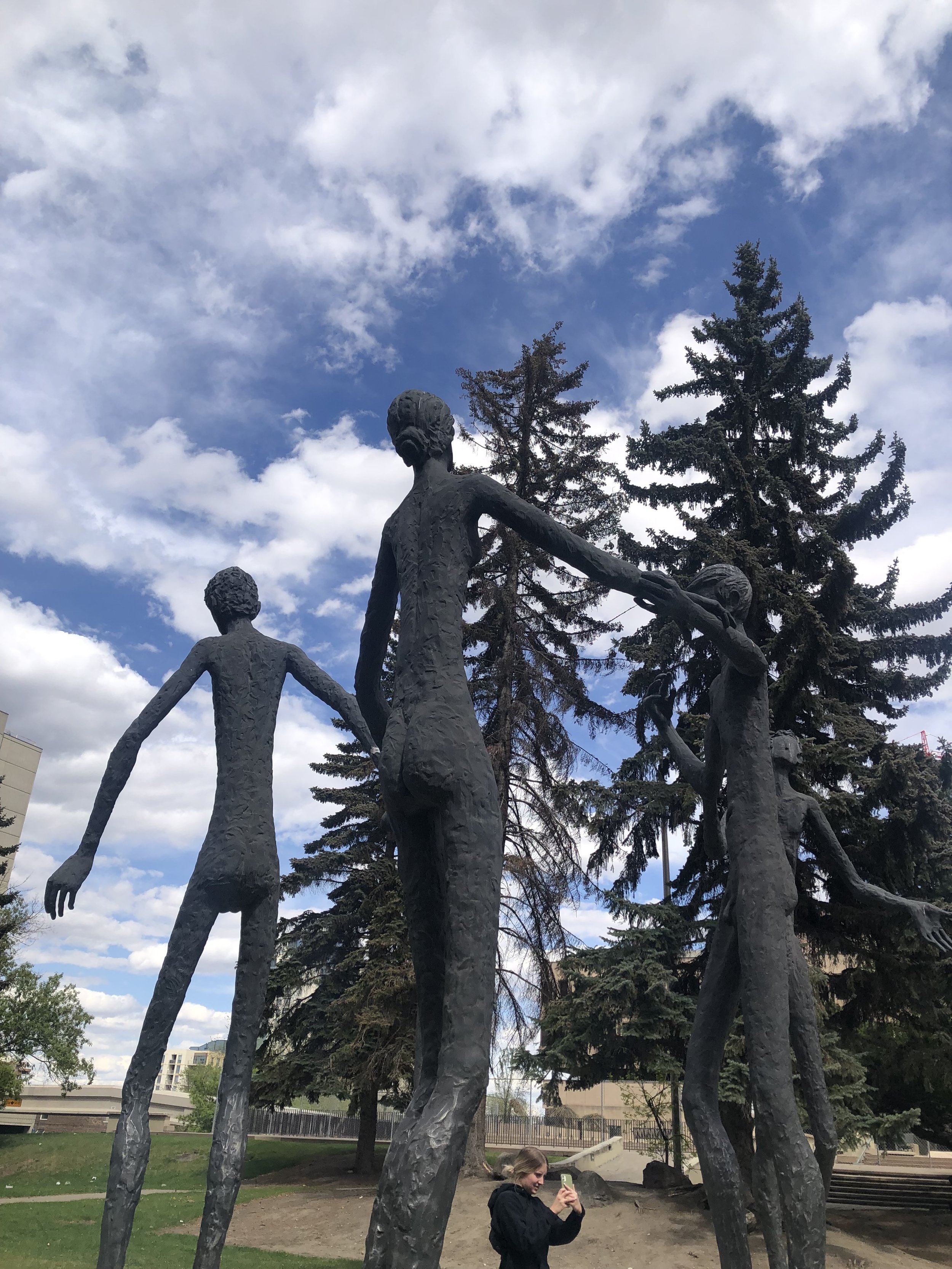
Narrative Community Practice
Narrative practice has shown relevant to working with and responding to communities and groups experiencing divide, hardship, and emotional distress. The exploration and application of narrative practice in community contexts continues to grow. Narrative practice, with reflection on social justice and relational ethics meets community work at a place of respect for local knowledge. These engagements with communities are time limited as the structures of narrative practice give way to more contextually and culturally relevant responses over time.
Narrative community practice:
Involves the recognition that all communities have a stock of knowledge and living skills relevant to addressing their circumstances
The narrative practice team holds a responsibility for providing a context and arranging conditions to identify, render more visible, and honour those living skills and community wisdoms.
When richly described these skills and knowledges provide a range of contextually and culturally relevant proposals for action in addressing the community concern.
Gatherings provide an arena or forum for rich acknowledgement, appreciation and celebration of community themes and skills.
The crafting of collective community documents is often a part of narrative community practice. They assist to share and sustain local community knowledge and give to other communities facing similar predicaments.
My engagement with narrative community practice came through participation in the Neighbouring Communities Initiative March 2007. This is a relationship project between Indigenous and settler heritage people following divide and conflict related to land rights dispute. Visit our projects to view more community forums informed by narrative community practice.
Narrative Community Practice developed by Michael White (see White, 2003) has been extended upon in partnership with communities and collectives by colleagues such as Maggie Carey and Shona Russell-(see Carey & Russell 2011), David Denborough & Cheryl White from Dulwich Centre (see Denborough, 2008a, 2008b), Jill Freedman and Gene Combs from Evanston Family Therapy Centre (see Freedman, 2009) and Angel Yuen and Ruth Pluznick -the Narrative Therapy Centre of Toronto.
White, M. (2003) Narrative Practice and community assignments. International Journal of Narrative Therapy and Community Work, 2003 (2): 17-55.
Freedman, J., & Combs, G. (2009). Narrative ideas for consulting with communities and organizations: Ripples from the gatherings. Family Process, 48, 347 – 362.
Denborough, D. (2008a). Collective narrative practice: Responding to individuals, groups and communities who have experienced trauma. Adelaide, Australia: Dulwich Centre Publications.
Denborough, D., Freedman, J., & White, C. (2008b). Strengthening resistance: The use of narrative practices in working with genocide survivors. Adelaide, Australia: Dulwich Centre Foundation.
Carey, M. & Russell, S. (2011). Pedagogy Shaped by Culture: Teaching narrative Approaches to Australian Aboriginal health Workers. JST, 2011 V. 30 #3. The Guilford Press.
